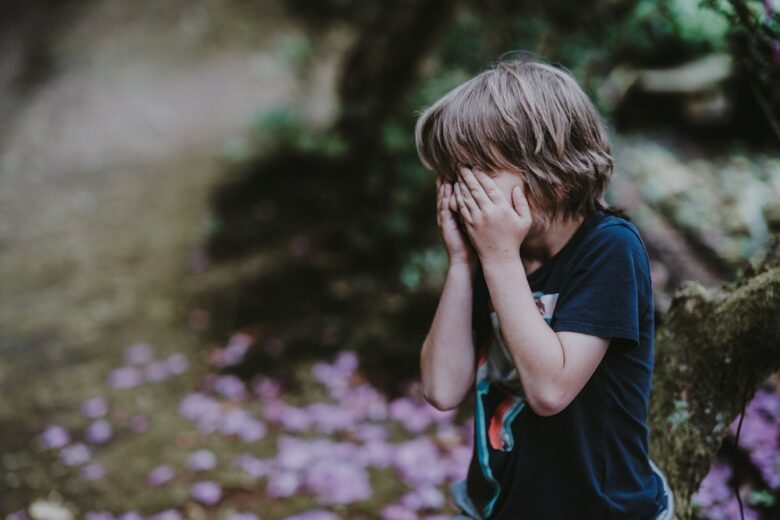How to tackle childhood stress
Worried about your child’s mental health? Here’s some advice to help you tackle childhood stress.
World Mental Health Day took place this October 10. Sponsored by the World Health Organization, the global event centers around mental health awareness, and encourages the mobilization of efforts that support mental health initiatives.
It’s a great time to check in on your own well being, and it’s also an important reminder to be aware of your children’s psychological needs, especially during 2020’s oft-stressful and ever-changing back-to-school efforts.
Just like adults, kids are vulnerable to feelings of stress; what they don’t have is a lifetime of experience or well-developed coping skills to help them muck through tough times, and they may not know how to articulate their needs. Often, it’s up to parents to spot signs that a child is feeling stressed.
Signs of childhood stress
While children experience stress for many reasons, not all stress is negative. The stress associated with trying a new experience, for example, is fleeting and can largely be considered positive.
When stress is felt due to a natural disaster, death, or other unfortunate event, it’s considered to be tolerable — this means that, with adult support and guidance, the stressor can be overcome.
When children display signs of stress, it can be an indication that they’re not coping well with tolerable stress, or are, more seriously, experiencing the toxic stress associated with abuse, violence, poverty, and instability.
Signs of stress in children can include excessive crying, worrying, anger, sleeplessness, inattentiveness, anhedonia, isolation, regressive behaviors, unexplained pain, changes in eating habits, and substance abuse.

Helping kids cope
The good news is that, as a parent, you’re poised to help your kids seriously reduce their stress. Here are a few tips to help you connect and ease their minds.
- Be aware of their behavior, especially in situations you know they find stressful, and reduce their stress triggers where possible.
- Check in with your child frequently, using love and reassurance.
- Try to keep routines as normal as possible, but don’t be afraid to talk (and listen) about changes and related feelings.
- Never be ashamed to ask for help from counselors, teachers, or other parents where it’s needed.
To learn more about World Mental Health Day, visit the WHO web portal for the event.
Photo by Annie Spratt




